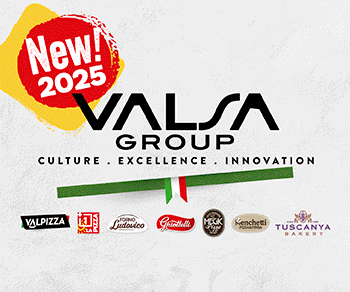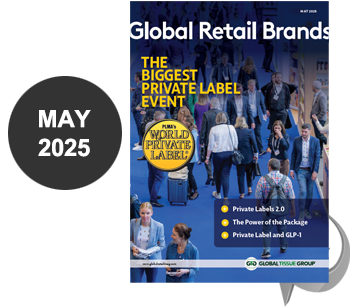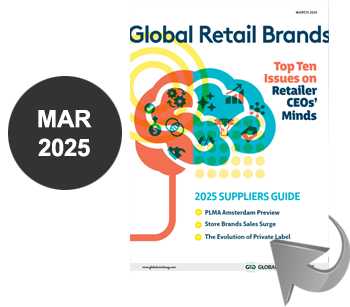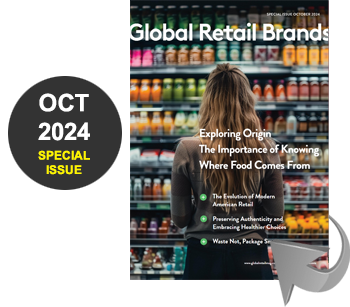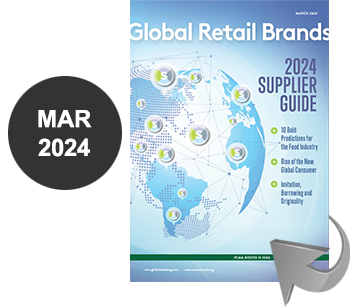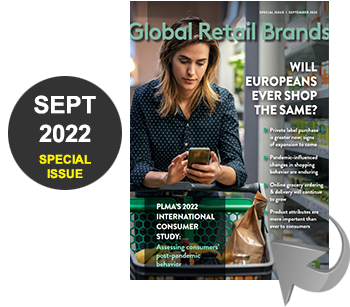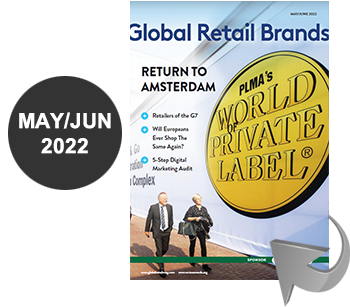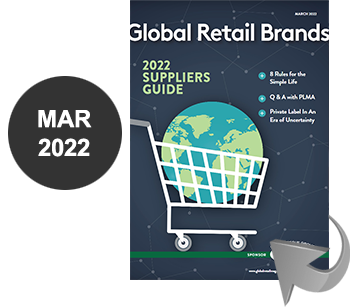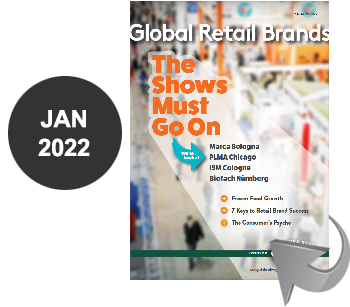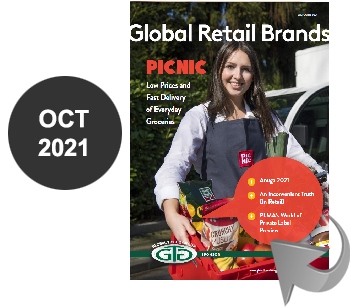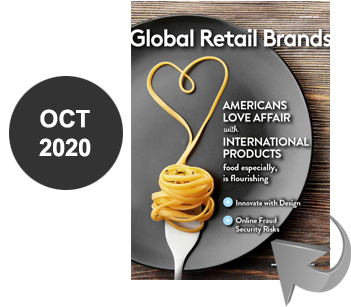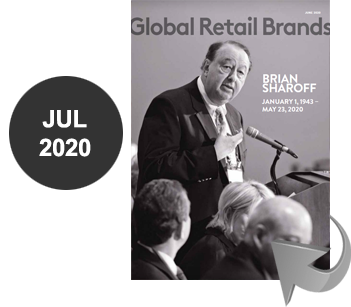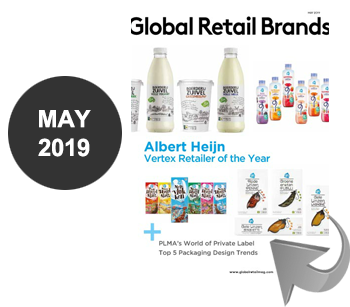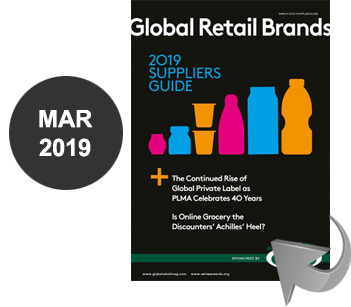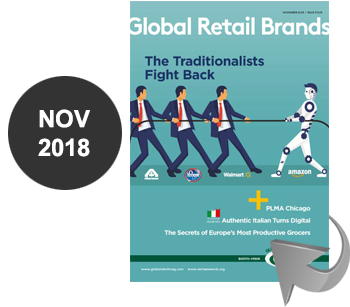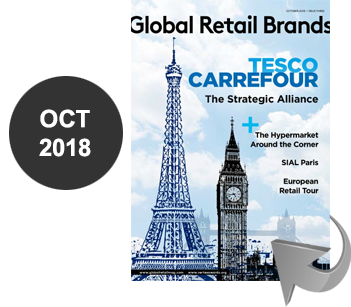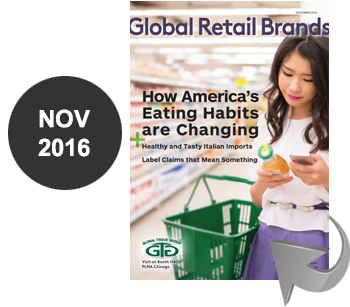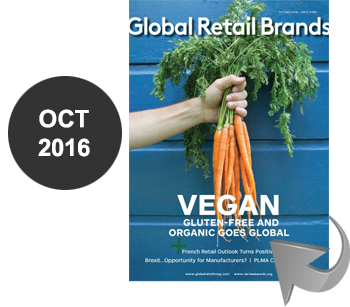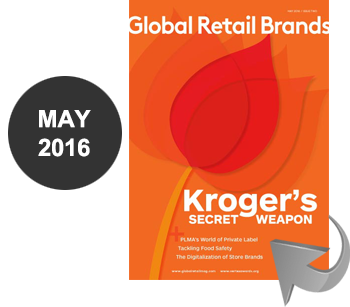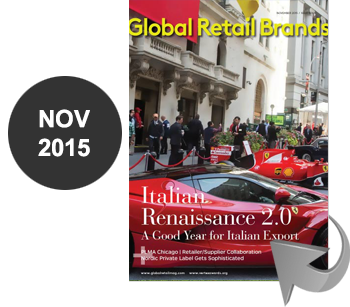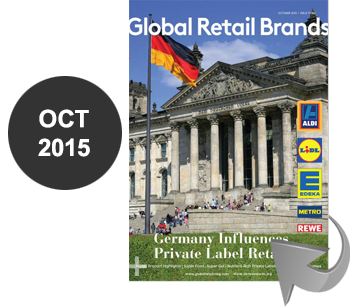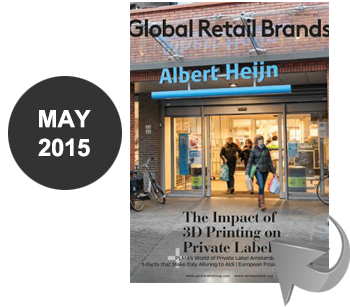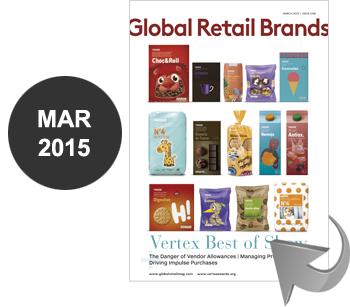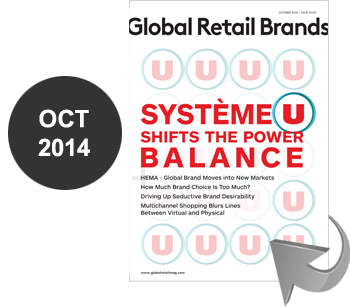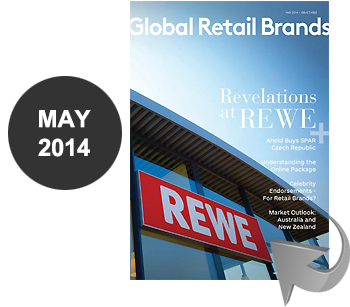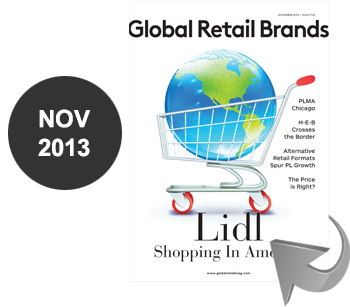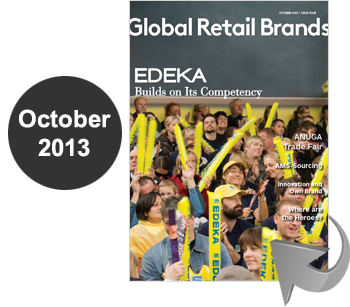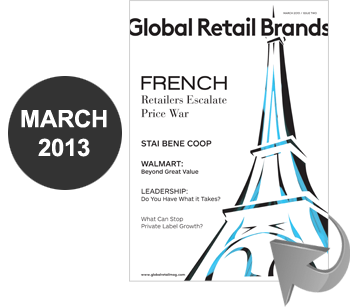 By / DAVID MERREFIELD
By / DAVID MERREFIELD
Unlike their European counterparts, American supermarket chains are a stay-at-home bunch. Clearly, American conventional supermarket operators have the economic clout to press into other nations if they wanted to do so. To cite examples, Kroger has an annual sales volume of $US 61 billion, Safeway of $35.5 billion and Publix of $23 billion. Many more chains are in the multi-billiondollar category, yet virtually none has cross border operations. (Safeway is now selling its Canadian supermarkets to Sobeys.)
To be sure, there are American retailers with substantial food sales that have managed to go beyond operating solely in their home country, retailers such as Walmart, Target, Costco, Whole Foods and IGA. Yet, none of those meet the definition of a conventional supermarket. Walmart and Target are mass merchants, Costco a membership club and Whole Foods a speciality store. IGA is a banner franchiser of supermarkets, not an operator.
Conversely, numerous European retailers operating supermarkets range far from their own borders. Included are Ahold, Tesco, Delhaize, Metro, Rewe, Leclerc and others.
There are obvious reasons for this phenomenon, chiefly geography. European nations are far smaller than is America and European nations tend to be fully stored, leaving crossborder expansion as the sole avenue for expansion.
A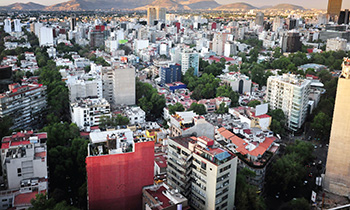 merican supermarket operators tend to think that since America is a big place, it’s wisest to fully develop close to home by expanding into adjacent areas via building stores or acquiring them. However, many markets in America are becoming overstored and economic conditions have made the population less mobile, so this will not be so easy to accomplish in the future.
merican supermarket operators tend to think that since America is a big place, it’s wisest to fully develop close to home by expanding into adjacent areas via building stores or acquiring them. However, many markets in America are becoming overstored and economic conditions have made the population less mobile, so this will not be so easy to accomplish in the future.
There’s one conventional supermarket chain in America that has figured this out, namely H-E-B of San Antonio, Texas. H-E-B is a privately held supermarket chain and issues little financial information, and has little apparent interest in publicity. So numbers cited in this article are estimates. Repeated attempts by Global Retail Brands to elicit information or comment from H-E-B were unavailing.
Let’s take a look at H-E-B anyway.
H-E-B was founded more than 100 years ago in southeastern Texas. It was named for a founder, Howard E. Butt. Its current chairman and chief executive is descendant Charles C. Butt. It now operates about 400 stores under banners H-E-B (conventional) H-E-B Plus (food and nonfood) and Central Market (largely produce and other fresh).
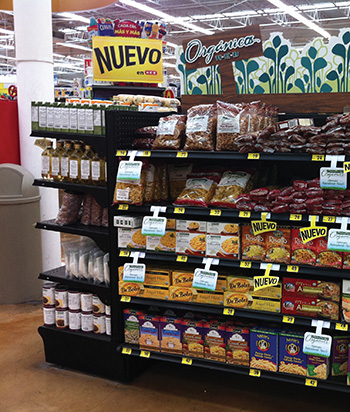 It’s operating terrain remains mainly eastern Texas; large areas around San Antonio, Corpus Christi, Houston and a tier south of Dallas. H-EB’s sales volume is about $15 billion, or a bit more.
It’s operating terrain remains mainly eastern Texas; large areas around San Antonio, Corpus Christi, Houston and a tier south of Dallas. H-EB’s sales volume is about $15 billion, or a bit more.
H-E-B seems to be in an enviable position at the moment. It enjoys a stellar reputation among consumers that hasn’t been achieved by many U.S. supermarket chains. Others in that rarified company include Wegmans and Publix.
Also setting H-E-B apart is the fact continued >> By / DAVID MERREFIELD www.globalretailmag.com 43 42-44.HEB RETAIL PROFILE.indd 43 10/29/13 12:27 PM that it operates stores in Mexico, and has done so for some 15 years, making it the lone U.S. conventional operator with stores outside the U.S.
H-E-B’s Mexican venture is far from small. It has some 45 stores in the country and two distribution centers. Stores in Mexico are under the H-E-B banner plus a few under the Mi Tinda del Ahorro, a deep discounter. H-E-B’s sales volume in the country is about $1.2 billion. Operations in Mexico are overseen by Howard E. Butt III, president of H-E-B Mexico.
H-E-B is a major retailer of store brands. It has some 11,000 stockkeeping units in store brands, many of which are sold in stores in both countries. In most conventional stores in the U.S., that private label count would equate to more than a quarter of the entire product range in the store. Some product is exported by H-E-B from the U.S. to its stores in Mexico. Exported product includes baked goods, dairy products and deli meat. The bulk of other product is sourced in Mexico.
Why did H-E-B go to Mexico when other chains haven’t chanced such a move?
Again, geography offers a clue. H-E-B has filled in the vast territory of eastern Texas, which alone is much larger than all of New England. Short of leaping across quite a bit of distance in Texas or an adjacent state, there’s nowhere to go economically. A big leap would involve establishing new distribution centers in addition to store building, all of which would be in areas where the H-E-B brand might not be well known. Many supermarket operators have foundered on such shoals. More important, always lurking nearby is Kroger, the largest conventional chain in the U.S., so the success of further U.S. expansion would be by no means assured.
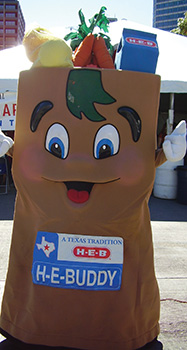 Conversely, the distance from headquarters San Antonio, Tex., to, say, Monterrey, Mexico, where H-E-B has a large store presence, is a bit less than the distance to Dallas. And, apart from Walmart Mexico, the competitive situation looks good. Perhaps more important is that H-E-B is close culturally to Mexico by virtue of proximity and the fact that many Spanish-speaking people work for the company. By now, the H-E-B brand is well known in Mexico.
Conversely, the distance from headquarters San Antonio, Tex., to, say, Monterrey, Mexico, where H-E-B has a large store presence, is a bit less than the distance to Dallas. And, apart from Walmart Mexico, the competitive situation looks good. Perhaps more important is that H-E-B is close culturally to Mexico by virtue of proximity and the fact that many Spanish-speaking people work for the company. By now, the H-E-B brand is well known in Mexico.
The demographics of Mexico are favorable for H-E-B too. Mexico has a young and growing middle class. Manufacturing jobs are on the upswing.
Traditionally, Mexicans have sourced their food from street vendors, open-air markets and from tiny family run corner stores. That’s changing as consumers become more accepting of organized retailing in the shape of supermarkets and other big stores. Maybe that owes a lot to the presence of Walmart, Sam’s Club and H-E-B. There are several domestic supermarket operations too.
Are other supermarket chains in the U.S. likely to take a look at Mexico and other countries as expansion possibilities?
It seems likely that such will eventually happen, given that so many areas of the U.S are overstored, or nearly so. It’s no longer prudent to open stores in greenfield areas with the expectation that population will fill in soon enough. For generations, that was possible in rapid in-migration areas such as Florida and Texas.
If international expansion occurs, that will be favorable to private label. After all, consumers, regardless of their nationality, are always open to high quality, low-cost products.

